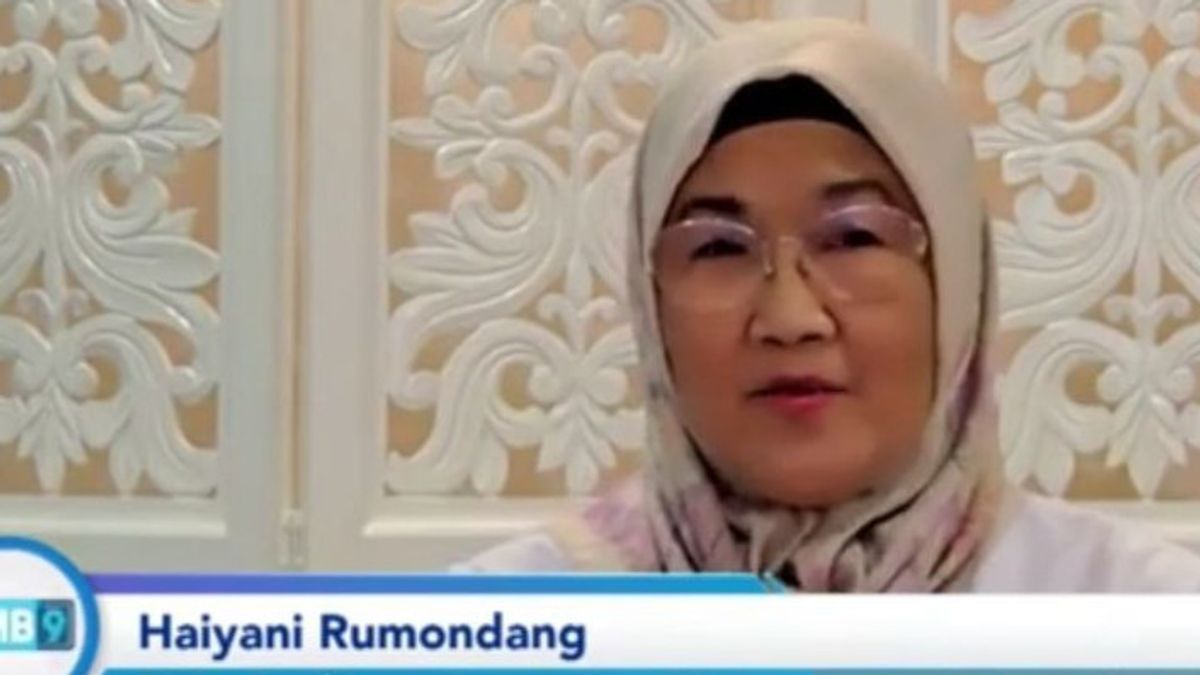The PPRT Bill can provide legal guarantees for household workers
The Ministry of Manpower (Kemnaker) stated that the Draft Law on the Protection of Domestic Workers (RUU PPRT) will provide legal certainty as well as clarity of the duties and responsibilities of workers, employers and labor distributors.
"There needs to be a new regulation at the level of the law so that it can protect workers in the household sector and now it has become a national legislative priority for 2023," said Director General of Binwasnaker and K3 of the Ministry of Manpower, Haiyani Rumondang in the dialogue for the Medan Merdeka Barat 9 Forum entitled "The importance of the PPRT Bill is Ratified" quoted by ANTARA, Monday, January 30.
His party saw that Law (UU) No.13/2003 on Manpower had not been able to protect domestic sector workers, so then issued Ministerial Regulation No.2/2015. However, it is also considered not enough.
So far, there has been no protection against basic rights for PRT, such as certainty of wages, social protection, protection of security and comfort in work, both on the health and safety side and protection, getting leave rights.
"These things are encouraged to be included in the draft bill," he said.
That way, domestic workers will get the rights needed to get a decent life.
Haiyani also said that PPRT regulations would provide certainty for service users regarding clear identity information from workers.
"In addition, service users can also consult with related agencies to be able to obtain information and complaints and what their work contract format will be like," he said.
As for the distribution of labor, Haiyani said the law would later regulate capacity building and competence from workers before being distributed in order to meet the service standards expected by employers.
Meanwhile, Deputy for the Protection of Women's Rights at the Ministry of Women's Empowerment and Child Protection (Kementerian PPPA) Ratna Susianawati said, if this bill can be passed, it will be in line with the Ministry of PPPA which gets five mandates from women, one of which is the reduction in the number of violence against women and children.
According to him, domestic workers are one of the parties who often experience violence and discrimination at work.
"We also encourage massive campaigns so that domestic women dare to speak up when experiencing cases such as discrimination and violence. We also encourage empowerment through training so that later household workers who not only work domestically but also abroad to avoid violence," he said.
The English, Chinese, Japanese, Arabic, and French versions are automatically generated by the AI. So there may still be inaccuracies in translating, please always see Indonesian as our main language. (system supported by DigitalSiber.id)








